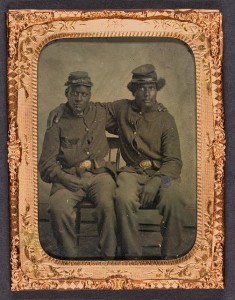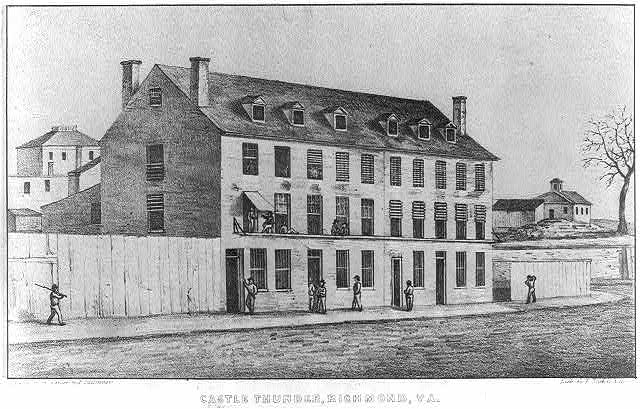The Democratic platform boils down to the call for a convention of all the states that will magically end the war and re-unite the nation.
From the Richmond Daily Dispatch September 5, 1864:
A Republican view of the platform.
[From the Washington Chronicle, September 1.]
The platform adopted by the so-called Democracy is an admirable attempt at “how not to do it.” It contains not a single expression of opinion upon any question of public policy, except that in a mild and inoffensive manner it takes sides in favor of the Union. This is the purport of the first resolution. The second declares that after four years of failure to restore the Union by war, efforts should be made for a cessation of hostilities with a view to calling a convention of all the States. But suppose the rebels refuse to go into a convention, or, going in, suppose they refuse peace except on terms of final separation? What then? The platform is entirely silent on this point. It neither indicates the terms which should be offered the rebels nor informs the country whether the war should be resumed in the event of the refusal of the rebels to come back into the Union.
* * This forcible, feeble manifesto from Chicago is more remarkable for what it omits than for what it embraces. It contains not one sentiment of approbation or censure upon the financial policy of the Administration during the last three and a half years. It neither condemns nor approves the legislation of Congress upon the subjects of tariff duties, internal revenue laws, bank-note currency, and the national banking system. It is silent even upon emancipation, confiscation and conscription. What are we to infer from this silence? Must we not assume that the Convention approves these measures; that it regards them as settled, and no longer open questions? Of course we must; and if during the campaign any champion of the Chicago nominees shall arraign the party in power on any of these issues, it will be a sufficient answer to refer him to his platform for proof that they are no longer in controversy.
The platform is also remarkable for its entire freedom from all malice and uncharitableness towards traitors and rebels. Not a word of censure for secession in theory or rebellion in practice is permitted to find place in the platform; and all the indignation is directed at the efforts of the Administration to suppress the rebellion. In a word, the veriest rebel may read the platform without taking offence, while no truly loyal man can fail to be disgusted with its manifest truckling to the disloyal elements in the loyal States. Upon the whole, the platform is a pitiful affair, and will be expectorated upon by all sorts of people.

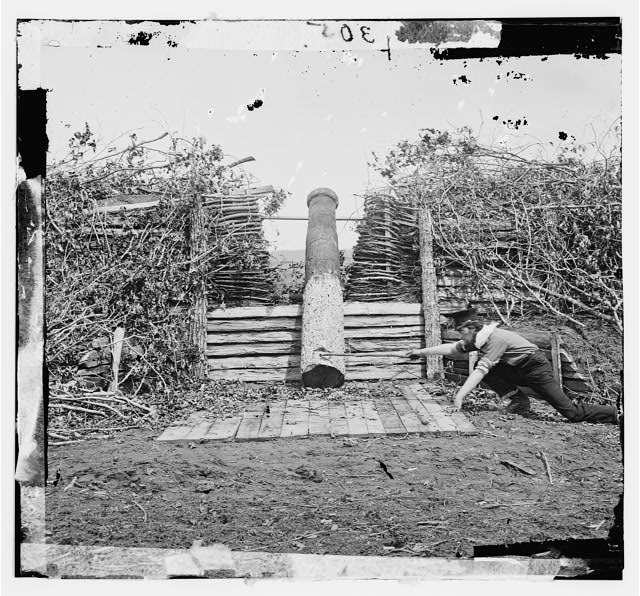
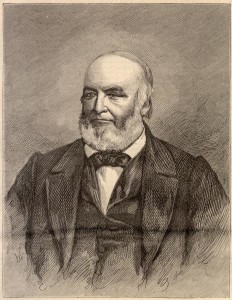
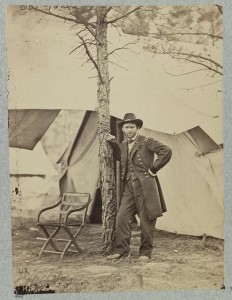
![The old bull dog on the right track ( [New York : Currier & Ives], c1864; LOC: LC-USZ62-8826)](https://www.bluegrayreview.com/wp-content/uploads/2014/09/04960r.jpg)
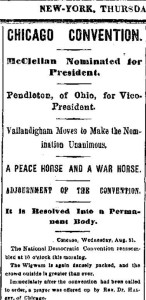
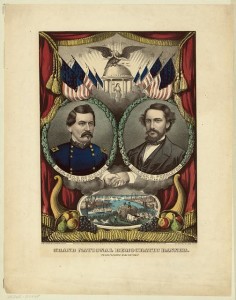
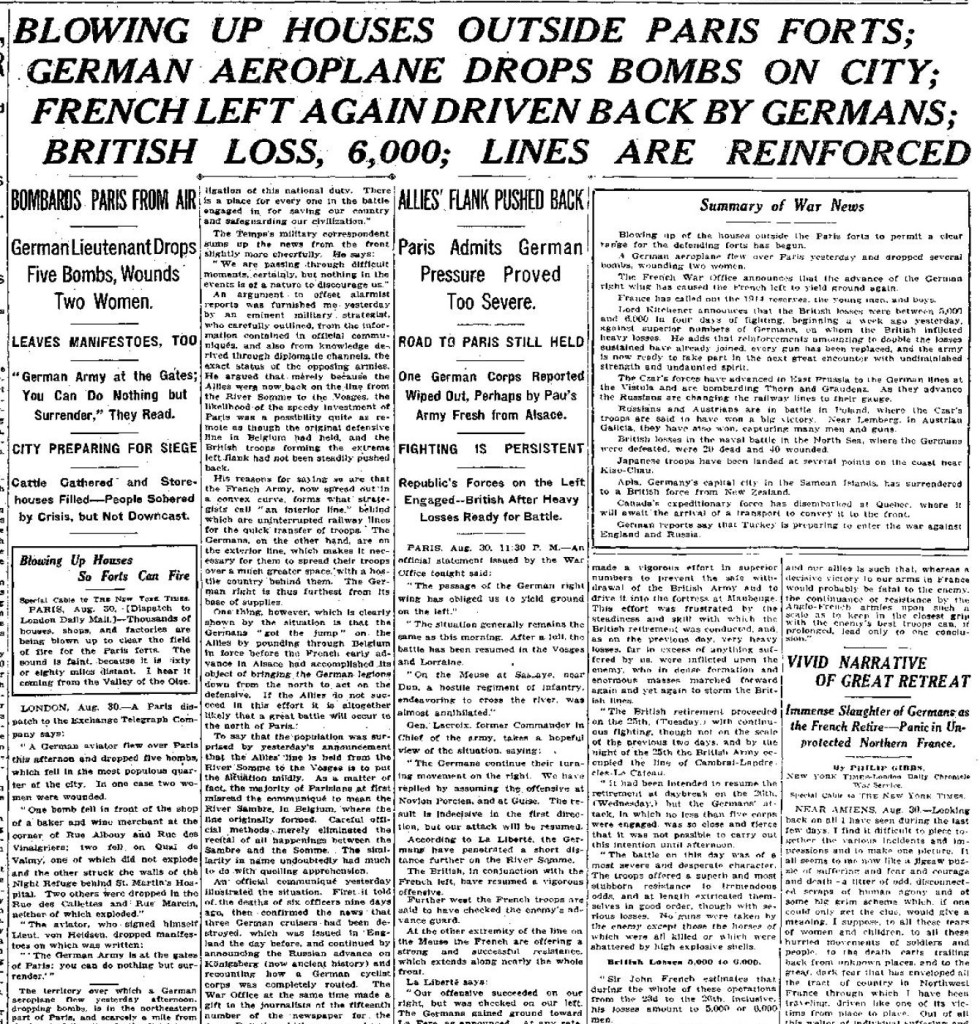
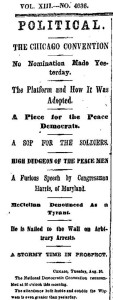
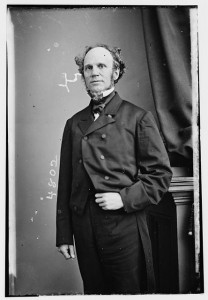
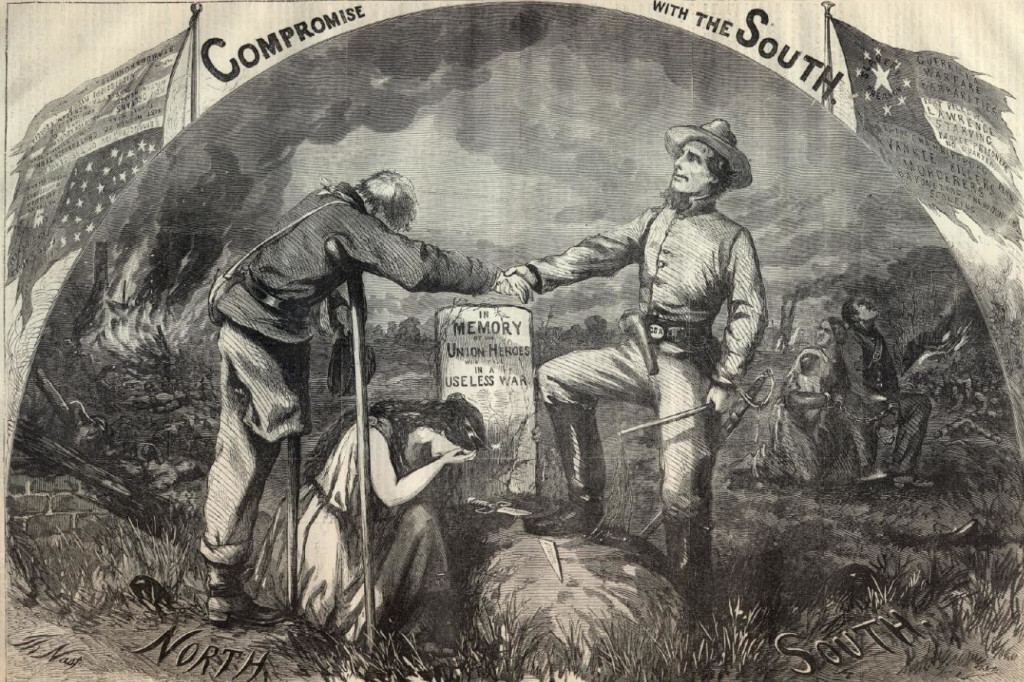
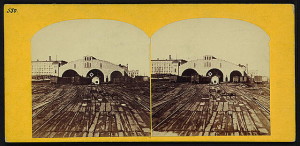
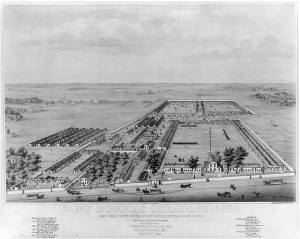
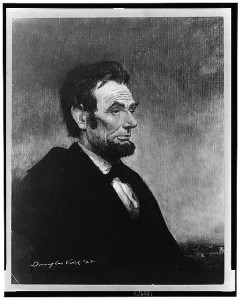
![Full standing black soldier, rifle with fixed bayonet] (between 1861 and 1865; LOC: LC-DIG-ppmsca-11520)](https://www.bluegrayreview.com/wp-content/uploads/2014/08/11520r-247x300.jpg)
